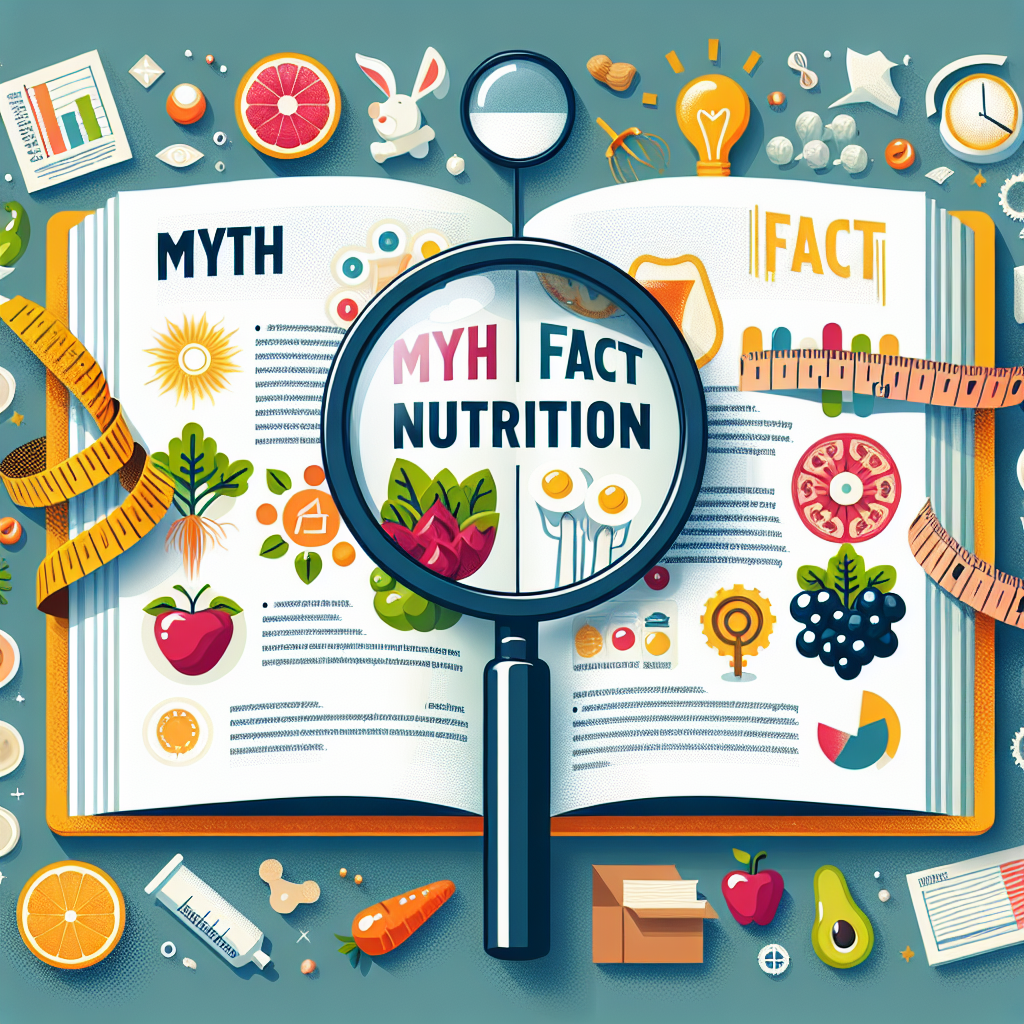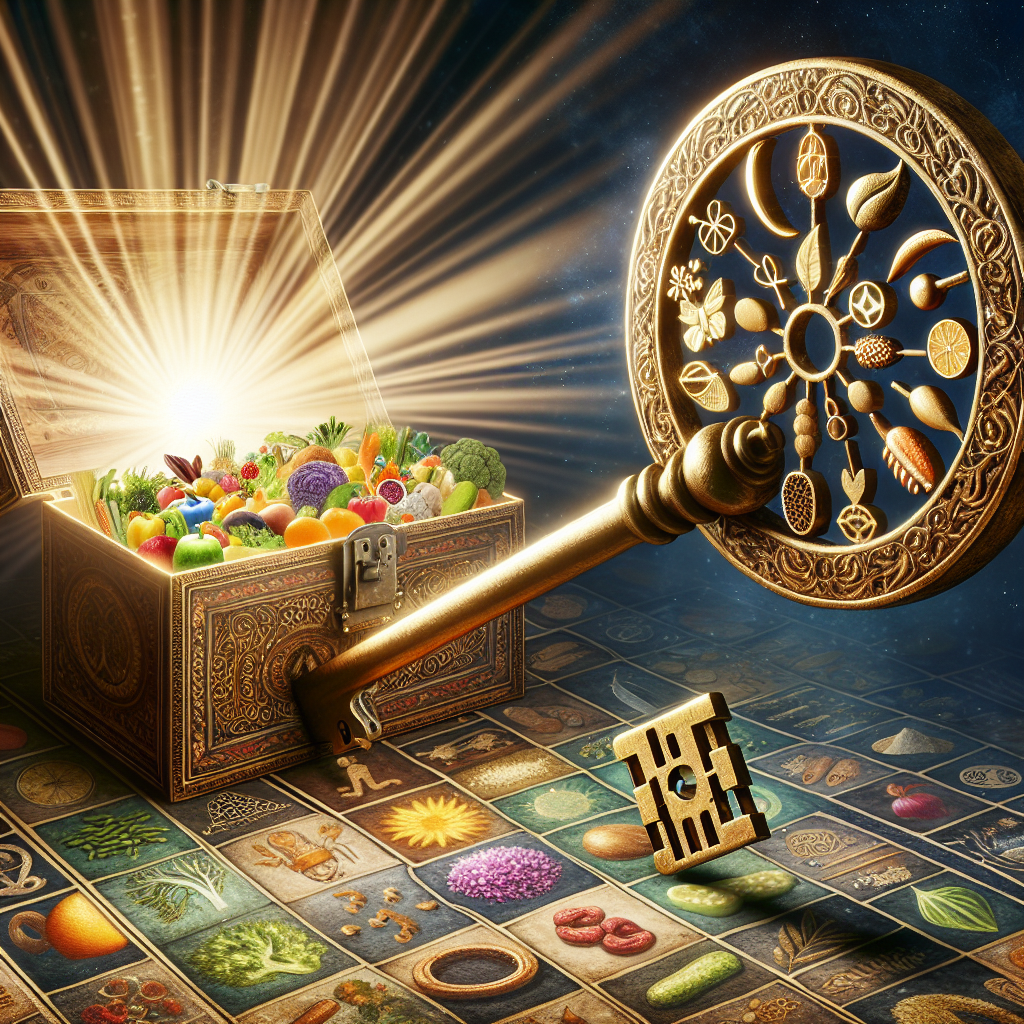In the age of the Internet, getting nutrition advice is as easy as a Google search. Unfortunately, since anyone can upload anything on the Internet, some nutrition information is wrong or misleading. With so many myths masquerading as fact, understanding what a healthy diet actually entails can be confusing for many. In this article, we want to demystify the most common nutrition myths and replace them with facts, allowing you to make informed decisions about what you eat.
Myth: Carbohydrates are the enemy
Fact: Not all carbohydrates are created equal
A common myth is that a low-carb diet is the healthiest option. While it’s true that some simple carbohydrates, like sugar and refined grains, can lead to weight gain and health problems, complex carbohydrates are essential in a balanced diet. These carbohydrates, such as whole grains, starchy vegetables, and legumes, provide your body with energy and nutrients. It’s more about choosing the right carbs, quality over quantity, rather than avoiding them altogether.
Myth: Fats make you fat
Fact: Fat is an essential nutrient
Fat is often demonized in the world of nutrition. Although excessive consumption of certain types of fat, such as trans and saturated fats, can have adverse health effects, healthy fats are essential for our well-being. Unsaturated fats, found in foods like avocados, nuts and oily fish, are essential for brain function, vitamin absorption and hormone regulation. It is important to include these healthy fats in your diet for optimal health.
Myth: You need to detox your body with a juice cleanse
Fact: Your body naturally detoxifies
Many companies advertise juice cleanses as a way to “detox” your body and shed unwanted pounds. However, the truth is, our bodies are built to cleanse and detoxify naturally through organs like the liver and kidney. There is no scientific evidence to show that juice cleanses effectively detoxify the body. In reality, these cleanses can do more harm than good, depriving our bodies of essential macronutrients and causing muscle loss.
Myth: All calories are equal
Fact: the source of calories is important
While it’s technically true that consuming fewer calories than you burn will lead to weight loss, the type of calories you consume doesn’t matter. For example, 100 calories of broccoli is nutritionally different than 100 calories of candy. Broccoli provides nutrients, fiber and keeps you fuller for longer, while candy provides a quick sugar rush and leaves you hungry sooner, usually leading to overeating.
Myth: Skipping meals will help you lose weight
Fact: regular meals are important
It seems logical that cutting out a meal means you’ll cut calories and lose weight, but in reality, it’s usually the exact opposite. Skipping meals often leads to overeating at your next meal, which makes you more likely to feel hungry and reach for high-calorie, unhealthy options. In fact, regular meals can help regulate your metabolism and stabilize blood sugar levels.
In conclusion, it’s important to make sure the nutritional advice you follow is based on scientifically validated facts, not myths. Although the world of nutrition may seem complicated, a simple rule of thumb is to follow a balanced diet that is rich in fruits, vegetables, lean proteins, whole grains and healthy fats. And remember, it’s always a good idea to consult a professional nutritionist or dietitian when making any significant changes to your diet. They will help guide you based on your personal health needs and separate nutrition fact from fiction.




